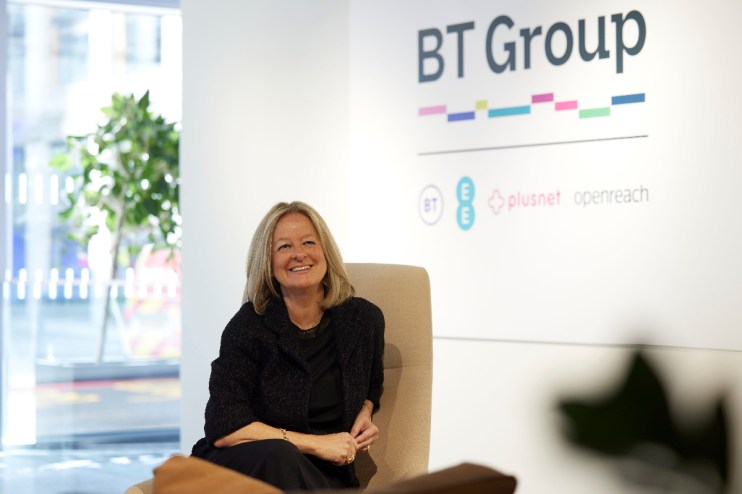
BT shares have plunged in early deals this morning as investors started to fret about the outlook for the FTSE 100 company.
While the firm issued an upbeat set of earnings numbers only a few weeks ago, wider market turbulence has ignited concern among investors.
In early deals this morning shares in the FTSE 100 giant slumped five per cent, against a loss of just one per cent for the wider blue-chip index.
BT shares had been one of the FTSE 100’s top performers this year. In May, shares in the company jumped 15 per cent in a day after it published its results for 2023.
In the release, the company said it had passed peak capital expenditure on its fiber broadband rollout and achieved its £3bn cost and service transformation program “a year ahead of schedule.”
It said it would target another £3bn of cost savings by 2029.
As a result, BT said it would be able to double its free cash flow over the next five years. It also hiked its fiscal 2024 dividend by 3.9 per cent to 8p per share.
However, at the end of July, the company published its fiscal first quarter numbers, which poured cold water over BT’s rally.
It reported a two per cent drop in first-quarter underlying revenue to £5.1bn. The Business segment was the biggest detractor, impacted by the phasing out of old contracts and reduced sale activity in low-margin areas.
Profit before tax was down three per cent to £520m. That was driven by lower revenue, offset somewhat by lower operating costs.
The outlook for BT shares
BT has had a rough few years as the company has had to work to convince investors it’s on the right track.
The company’s numbers in May, seemed to convince investors it was heading in the right direction. Still, the recent declines suggest investors aren’t entirely convinced just yet.
In the past week, BT shares have fallen nearly seven per cent, wiping out most of the gains for the year.
Berenberg analysts noted in June that while the company’s full-year numbers were positive, BT’s revenue and earnings before interest, tax, deprecation and amortisation (EBITDA) both “declined year-on-year and missed consensus.”
Meanwhile, normalised free cash flow only beat “due to forward sales of copper,” or the pull forward of future sales.
Although the analysts conceded the company’s future guidance did offer optimism for investors, they noted a lot could change over the next couple of years. BT’s plans to increase free cash flow and cut costs further by 2029 might look good on paper, but there’s a lot that could go wrong in the meantime, Berenberg hinted.





